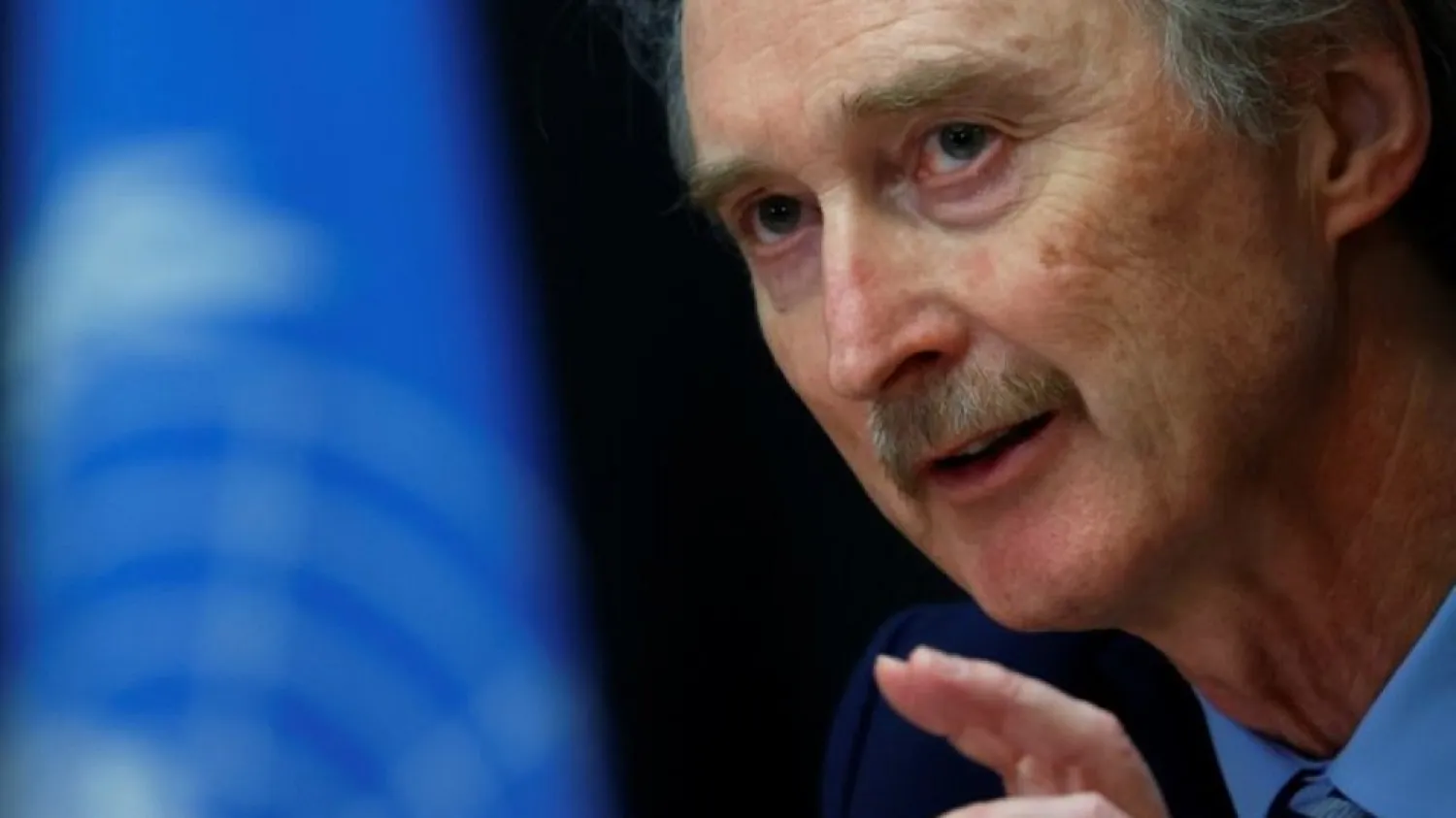The UN special envoy for Syria expressed disappointment Friday after five days of meetings between delegations from the Syrian government, opposition and civil society groups aimed at revising the constitution of the war-torn country ended without progress.
“I told the 45 members of the drafting bodies we can’t continue like this," Geir Pedersen told reporters in Geneva, at the end of the latest, fifth round of the Constitutional Committee for Syria.
Pedersen hinted the Syrian government delegation was to blame for the lack of progress. The UN envoy said he presented a proposal to the heads of the government and opposition delegations, adding that his proposal was rejected by the government team and accepted by the opposition.
The United States and several Western allies have accused Syrian president Bashar Assad of deliberately stalling and delaying the drafting of a new constitution until after presidential elections are held this year to avoid a UN-supervised vote, as called for by the UN Security Council.
According to Syria’s elections law, presidential elections are to take place between April 16 and May 16 — at least 90 days before Assad’s current seven-year term in office expires. Assad has been in power since 2000.
Pedersen said there is no agreed time for another meeting. He will be briefing the UN Security Council on Feb. 9, after which he will give further details about what was discussed.
“This week has been a disappointment,” Pedersen said. “I set out a few things I thought we should be able to achieve before we started this meeting and I’m afraid we did not manage to achieve these things.”
Syria’s nearly 10-year conflict has killed more than half a million people and displaced half the country’s pre-war 23 million population, including more than 5 million refugees mostly in neighboring countries.
At a Russian-hosted Syrian peace conference in January 2018, an agreement was reached to form a 150-member committee to draft a new constitution. It took until September 2019 before a committee was formed.
A 45-member committee started its meetings in Geneva on Monday. This week’s meetings involved 15 people from each delegation.









